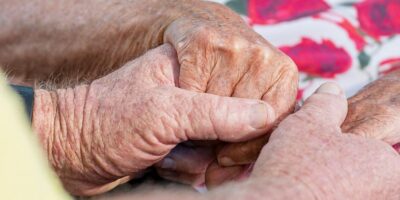As we welcome in the New Year, many of our own thoughts turn to getting fitter and losing some of the pounds we have gained over Christmas. So it’s a great time of year to plan with our residents ways that they can maintain and improve their fitness over the coming months too.
There is a significant evidence base demonstrating that keeping people physically active improves well-being, coordination and even reduces falls. Lifestyle leaders and activity coordinators routinely have a programme of regular group exercise on their weekly schedule, including bowls, balloon tennis, seated zumba, seated exercise, yoga, seated ballet, music and dance. The challenge is to ensure that these sessions are fun and suit the individual.
Most of you have said that you have people who always say “No” when invited to join a group activity – this may be because they are fearful of leaving their room, or that they don’t know the other people and have lost their social confidence. Or it may be because they have difficulty making the connection between the words you are saying and what it is you are suggesting they might like to do – having difficulty visualising an activity.
One way of creating a truly individualised programme of activity that enhances mobility and coordination is to sit with the resident and first simply reminisce about how they used to exercise, and then assess their current abilities, ideally something you can do with their key worker.
Find out if there is a skill they have lost or are worried about losing and work out what would help them to regain or retain it. It may be that they would like to be able to walk to the dining room but currently struggle to get up out of a chair and walk more than a few steps; it may be that they are losing their core strength and find it difficult to sit up in their chair or bed unaided (seated ballet is brilliant for this). You may want to seek some help from an occupational therapist or physiotherapist to agree a set of exercises that can be done daily as part of their mobility care plan to help the person to regain and develop their skills and achieve their desired outcomes. Or it might be to spend time with the person who has advanced dementia to give gentle passive exercises to reduce their risk of developing contractures.
This is a great way to involve the care team and achieve quality outcomes for your residents.
Happy New Year!




